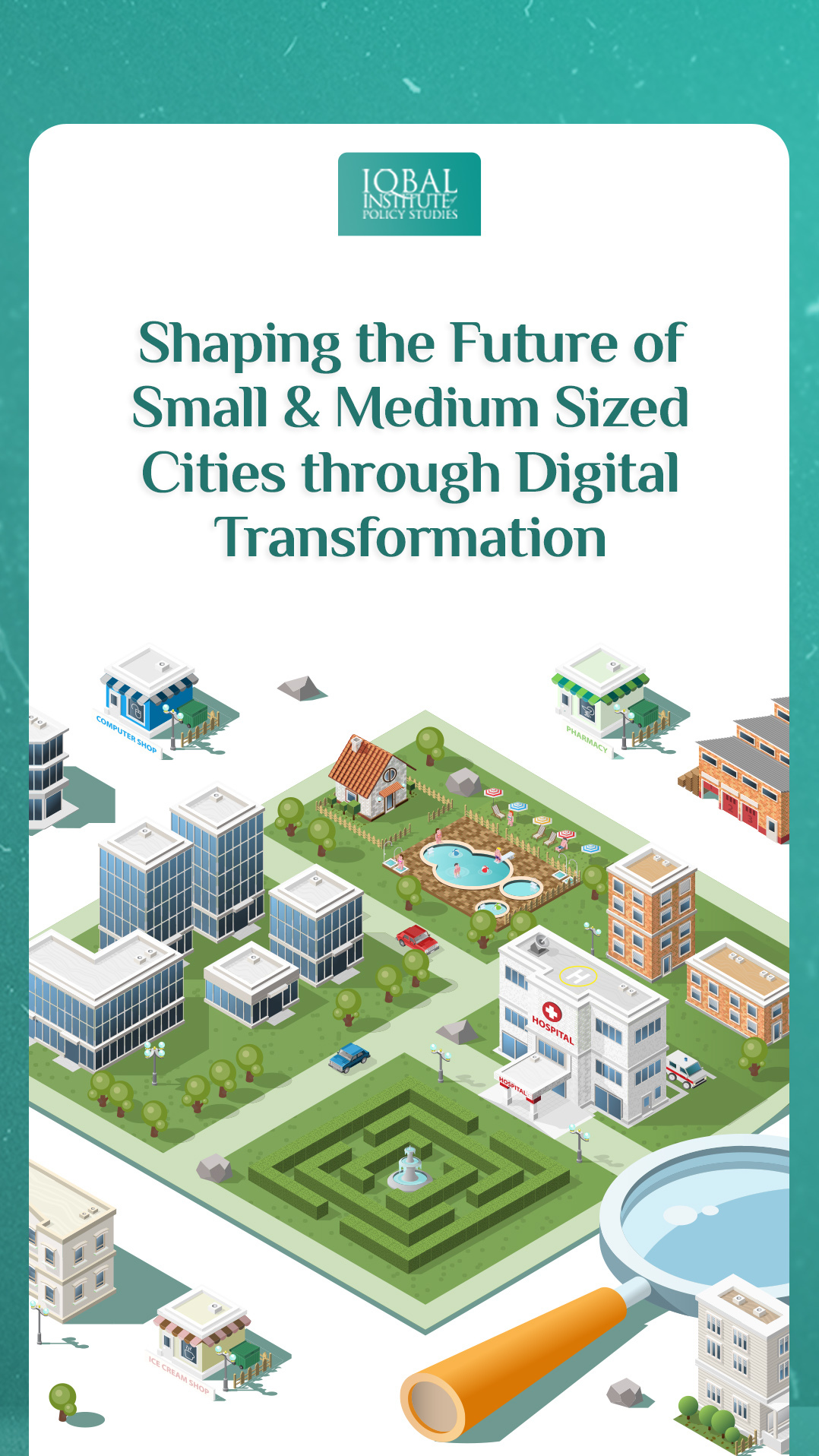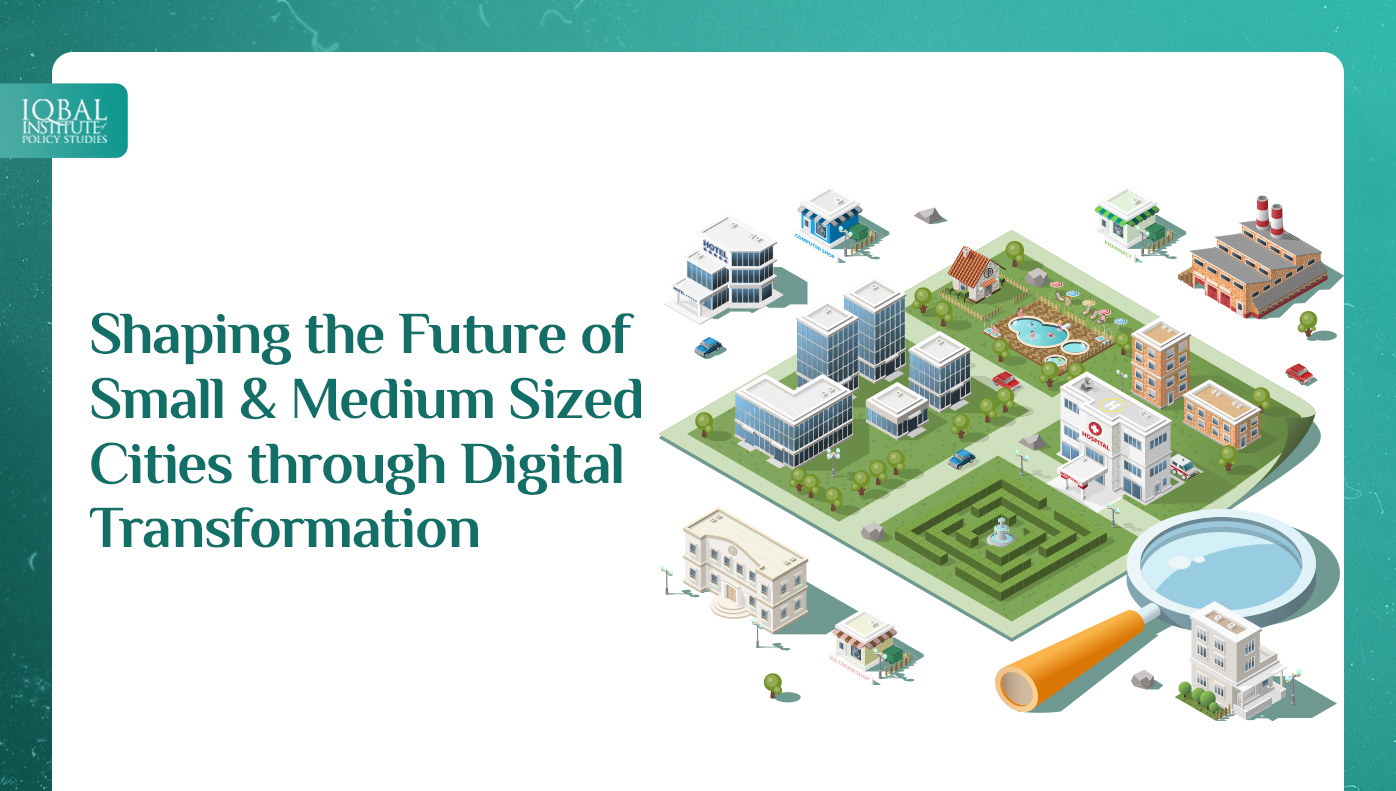Digital transformation models and innovation in Small and Medium-Sized Cities (SMCs) have a significant social value that helps cities become better places to live and work. Digital transformation is becoming a crucial support mechanism for countries to help economic rebuilding and sustained development. Such digital practices are helpful for SMCs as they face the challenge of slow development. Digital transformation can disrupt traditional business models, break geographical and spatial boundaries, and create new ways to live in the digital era. This digital model can help improve the livelihood, economy, governance and environment of small and medium-sized cities and support the conducive integration of people, industry and cities.
According to UN-Habitat’s World Cities Report 2020, urbanisation will remain a driver of global growth. Small and medium-sized cities (SMCs) are an important part of the urban system, which act as an intermediate level between large cities and rural towns. Their functional positioning comprises four aspects:
- Industrial development
- Public services
- Employment absorption
- Population clustering
Currently, most SMCs need an efficient development strategy. For this purpose, digitalisation is paving the way for transforming traditional business models, disrupting geographical and spatial boundaries, and offering new ways to live in the digital age. This process also provides opportunities for the cities to rapidly improve their competitiveness in a society, economy, governance and the environment.
While introducing the concept of digital transformation in cities, several challenges need to be addressed. The challenges include a lack of digital talent, insufficient funds and resources, understanding and application of digital technologies, and lack of intercity interaction and cooperation mechanisms. To overcome these challenges, the city’s management authorities should implement efficient digital transformation policies and provide education and digital skills to promote digital talent in the country. Furthermore, there is a dire need to provide sufficient financial resources to promote digital infrastructure in the cities. In addition, the concerned authorities must develop a framework for public-private partnerships to introduce sustainable innovation and business models.
For SMCs, digital transformation aims to improve the quality of life for citizens, promote the effectiveness of urban governance, develop a distinctive digital economy, and enhance the ability of the urban environment (the built environment plus the ecological environment) to cope with climate change. In addition, such digital models can provide intelligent, refined, proactive, efficient and full life-cycle living and business services for residents and enterprises clustered in cities and support the positive integration of people, industry and cities. Conclusively, digital transformation for SMCs is inevitable to improve their core competitiveness in the future.



Leave a Reply